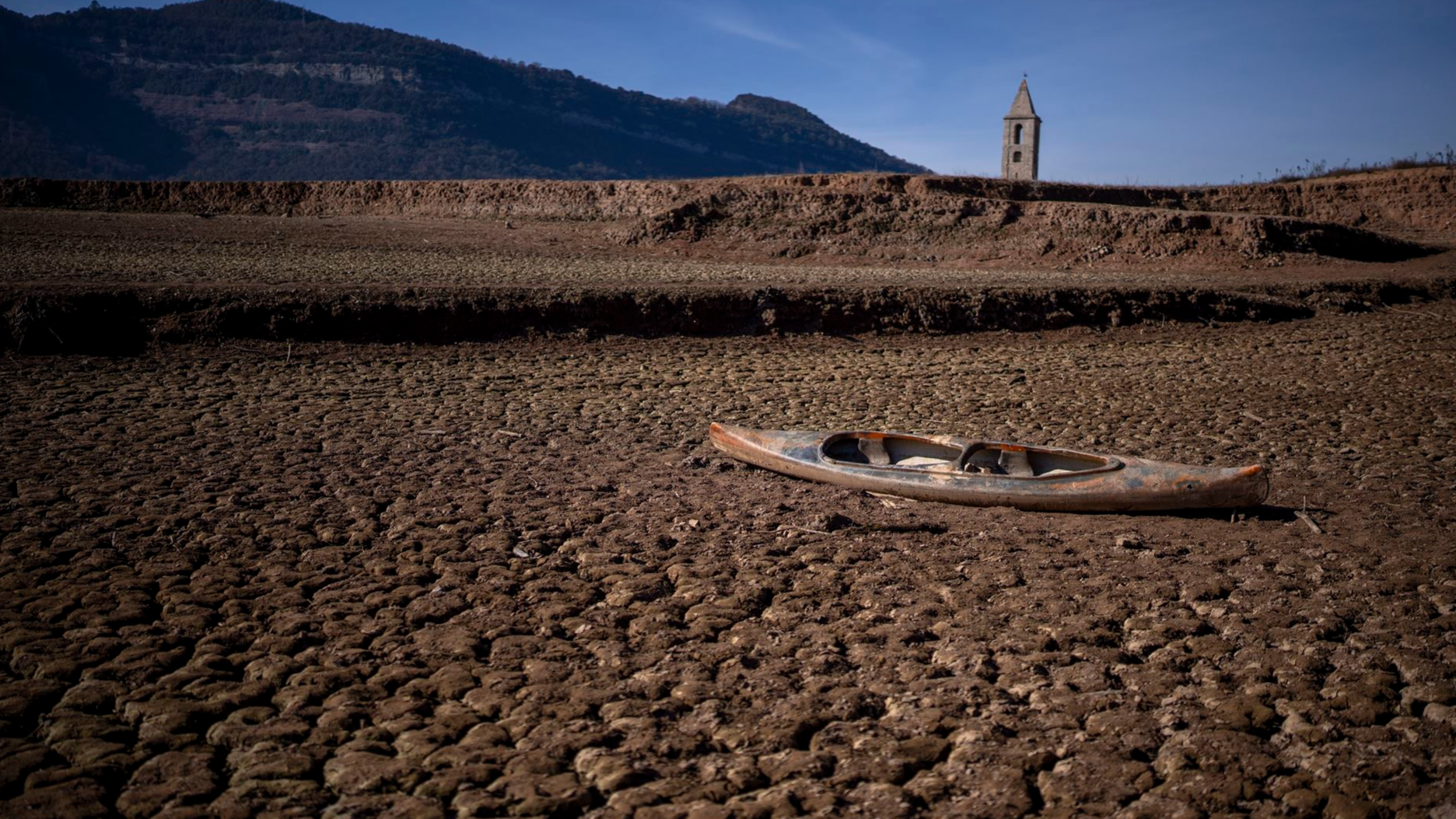
BONN - With just five months to go before this year's UN climate summit, countries cannot agree on the size of a global funding bill to help the developing world fight climate change - let alone how to split it.
The decision is set to dominate the COP29 climate talks in Azerbaijan in November, where nearly 200 countries need to agree on a new annual financing target for helping poorer countries cut their emissions and protect their societies in a harsher, hotter world.
The new target will replace the yearly $100 billion that rich countries had pledged in climate finance from 2020. That goal was met two years late.
Preliminary talks this week in Bonn, Germany, have yielded no major breakthroughs. Instead, the talks ending on Thursday have again exposed the unyielding rifts among the world's biggest economies over who should be paying most to fight climate change – and how much
But preliminary talks this week in Bonn, Germany, have yielded no major breakthroughs. Instead, the talks ending on Thursday have again exposed the unyielding rifts among the world's biggest economies over who should be paying most to fight climate change – and how much.
Representatives from climate-vulnerable nations said it was hard watching wealthy nations fall late with past payments of climate finance while quickly approving new funds for military responses to war or spending billions subsidising CO2-emitting energy sources.
"It seems like money is always there when it's a more 'real' national priority for the country," Michai Robertson, negotiator for the Alliance of Small Island States, told Reuters.
"It’s really tough to see that," he said.
ALSO READ: Study: Climate change damage could cost $38 trillion per year by 2050

Getting the number right
The new financing target is the core tool that global climate talks can deliver to fund projects that reduce planet-warming emissions - such as renewable energy or low-carbon transport.
With all countries due to update their national climate targets next year, negotiators fear failure could lead to weaker efforts.
Wealthy countries are wary of setting a target too high and risking it going unmet. The missed $100 billion target became politically symbolic in recent UN climate talks, stoking mistrust between nations as developing countries argued the world's economic powers were abandoning them
"How are you going to move forward if there's no financing?" said South African climate negotiator Pemy Gasela. Her country is among many developing nations warning they cannot afford to cut emissions faster without more financial support - in South Africa's case, to swap a heavy reliance on CO2-emitting coal for clean energy.
Yet wealthy countries are wary of setting a target too high and risking it going unmet. The missed $100 billion target became politically symbolic in recent UN climate talks, stoking mistrust between nations as developing countries argued the world's economic powers were abandoning them.
Diplomats in Bonn have circled the issue of how much money to put on the table.
While countries agree $100 billion is too low, there is little chance they would agree to summon the $2.4 trillion per year that the UN climate chief in February said was needed to keep the world's climate goals within reach.
Neither the European Union or the US have suggested a number for the goal, although both acknowledged this week that it must exceed $100 billion. The 27-country EU is currently the biggest provider of climate finance.

The elephant in the negotiation rooms, some diplomats told Reuters, was the upcoming US presidential election, in which Donald Trump is seeking to return to office.
ALSO READ: Report: Deadly W. Africa heat warns of climate change-driven scorchers to come
The previous Trump administration pulled the world's biggest economy out of the Paris climate agreement. Negotiators said they worry a future Trump administration could halt US climate finance payments, leaving it to other wealthy nations to meet the annual pledge.
India, and a group of Arab countries including Saudi Arabia, the UAE and Egypt, have said the overall financing target should exceed $1 trillion per year, to reflect the spiraling needs of poorer countries as climate change worsens
But some countries in Bonn have made suggestions.
India, and a group of Arab countries including Saudi Arabia, the UAE and Egypt, have said the overall financing target should exceed $1 trillion per year, to reflect the spiraling needs of poorer countries as climate change worsens.
The Arab countries propose that rich nations provide $441 billion in public funding per year in grants, to leverage a total $1.1 trillion per year from broader sources.
Small island countries vulnerable to climate change have also pushed for stricter rules on what counts toward the target, suggesting preventing loans with interest rates above 1 percent, to avoid adding to poor nations' already-high debts.
Most public climate funds provided by developed nations are loans, according to the OECD.
Countries are also at odds over who should contribute. There are about two dozen, long-industrialized countries currently obliged to contribute to UN climate finance. That list was decided during UN climate talks in 1992.
READ MORE: Climate change stalling progress on SDGs, report says
As talks continue beyond Bonn, some negotiators said government ministers could raise the issue at higher level meetings such as G20 ministers' gatherings in Brazil ahead of COP29.


